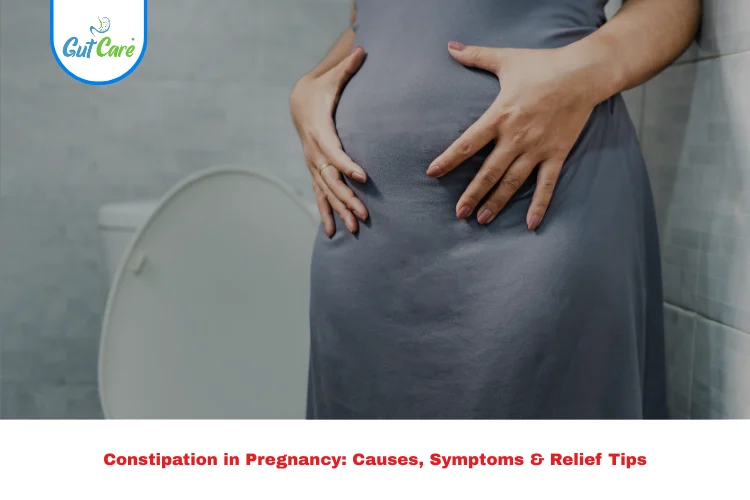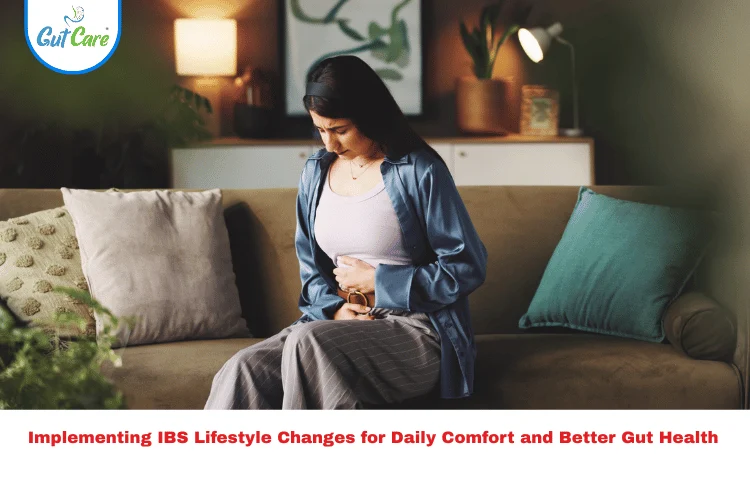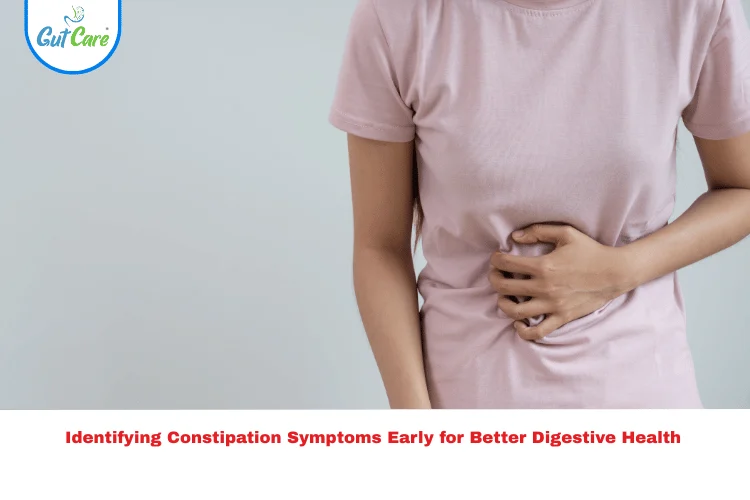Constipation in pregnancy is a fairly common and frequently overlooked problem for many pregnant women. At Gutcare Clinics in Bangalore we regularly see patients who request lifestyle advice for digestive issues related to their pregnancy. Being aware of the causes, identifying symptoms, and knowing the appropriate treatment for constipation in pregnancy can help deal with the discomfort caused by this condition.
Understanding Constipation in Pregnancy
Constipation is when someone does not have bowel movements as often as normal, or in some cases finds it difficult to pass the stool. During pregnancy, hormonal changes in the body, especially increased progesterone levels, slow down the digestive system, resulting in harder stool and less overall bowel movements. Even more, many women experience decreased activity levels, or diet changes which also lead to constipation.
When Does Constipation Start in Pregnancy?
Constipation during early pregnancy happens often and many women notice symptoms during the first trimester. Some may experience constipation later in pregnancy due to the expanding uterus putting pressure on the intestines. Knowing the timing can help mothers-to-be begin taking associated preventative measures sooner.
Common Causes of Pregnancy Constipation
Hormonal Changes: Progesterone is known to relax smooth muscles and therefore slow the digestive tract.
Iron Supplements: Some prenatal vitamins have iron in them which can exacerbate constipation.
Dietary Changes: Be sure that low fiber or dehydration are not a contributing factor.
Reduced Physical Activity: Being sedentary or fatigued during pregnancy can slow digestion.
Pressure from Uterus: Later on, the uterus is pressing on the intestines which makes one feel as if bowel movements are difficult.
Recognizing Symptoms of Constipation in Pregnancy
Understanding the indications supports early intervention. Common indications include:
- Less than three bowel movements every week
- Hard, dry, or lumpy stools
- Straining during bowel movements
- Bloating and abdominal pain
- Feeling like they have not fully evacuated
Seek immediate help from a medical professional in cases of severe symptoms, bleeding, or extreme pain. Specialist Dr. Yuvrajsingh Gehlot states that you can avoid complications such as hemorrhoids or anal fissures with early intervention.
Constipation in Pregnancy Treatment
Treatment focuses on safe, non-invasive approaches first, escalating only if necessary.
1. Changes to Diet
– Increase your fiber intake (fruits, vegetables, whole grains, legumes).
– You will also want to include foods such as figs, prunes and pears – these can also act like natural laxatives.
– Drink plenty of water to help keep your stools soft.
2. Activity
– Light activity encourages your bowels (such as gentle walking or prenatal yoga).
– It’s also important to exercise your pelvic floor muscles to help promote good digestive health.
3. Laxatives
– You may consider using laxatives under the guidance of a physician. Many laxatives are not recommended while pregnant.
– When in doubt, ask a medical professional (for example Dr. Yuvrajsingh Gehlot at Gutcare Clinics) for advice and reassurance about the specific medications or treatments that are safe while pregnant, and what things to avoid.
4. Schedule and Routine
– Maintain a toilet routine for bowel movements.
– When you feel the urge to “go”, do so promptly, as delaying bowel movements can worsen constipation.
5. Medical Treatment
If you are experiencing persistent or serious constipation, you may want to reach out to a gastroenterologist to assess the need for more serious medications and supplements.
Home Remedies to Ease Constipation in Pregnancy
Changes to diet and lifestyle are first-line treatments, but there are some home remedies to try:
- Warm water with lemon in the morning can get your digestive juices flowing.
- Soaking in a warm bath may relieve abdominal discomfort.
- Gentle abdominal massage may encourage bowel movements.
Preventive Measures
- Maintain a balanced diet rich in fiber.
- Stay hydrated throughout the day.
- Engage in regular physical activity suitable for pregnancy.
- Avoid delaying bathroom visits.
- Early intervention often prevents severe complications and ensures a smoother pregnancy experience.
Dr. Yuvrajsingh Gehlot is a world-renowned gastroenterologist at Gutcare Clinics. He says that it is always preferable to seek expert advice early (to lessen the risk of complications) during pregnancy.
Summary
Constipation in pregnancy is often common but treatable. Here are four ways to help manage constipation:
- Alter your diet by including more fiber and fiber-rich foods
- Be active and participate in safe physical activity
- Hydrate
- Make use of home remedies and safe laxatives under the supervision of specialists
Never ignore ongoing constipation. An expert will be able to provide safe and effective treatment based on your unique needs of being pregnant, for instance, Dr Yuvrajsingh Gehlot at Gutcare Clinics.
FAQs
1. When does constipation start during pregnancy?
Constipation can occur early in pregnancy, even in the first trimester, due to hormonal changes that slow down digestion.
2. What are the recommended treatments for constipation in pregnancy?
Dietary fiber, plenty of water, light exercise and acceptable laxatives when monitored by a healthcare professional are the best treatments for constipation in pregnancy.
3. Can constipation in early pregnancy be prevented?
Constipation in early pregnancy can be managed by making sure you eat enough fiber on a daily basis, drink enough water and incorporate some physical activity on a regular basis.
4. Should I see a specialist for constipation in pregnancy?
If constipation is excessive, ongoing or associated with pain or bleeding it is important to see someone like Dr. Yuvrajsingh Gehlot at Gutcare Clinics, Bangalore, to help with constipation in pregnancy.
5. Is there a home remedy for constipation in pregnancy?
Yes, you can try drinking warm water with lemon it helps get the muscles of the digestive tract moving as well as abdominal massage and having a warm bath at home also helps with pregnancy constipation.




